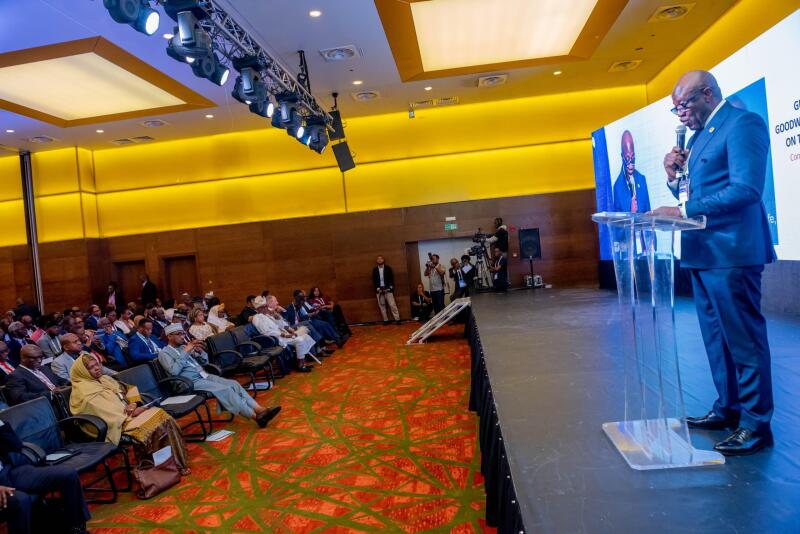Nigerian regulators plan to auction 220 oil and gas blocks, onshore and offshore, as part of a broader effort to boost output in Africa’s largest crude producer.
The Nigerian Upstream Petroleum Regulatory Commission (NUPRC) will oversee the yet-to-be-scheduled auction, which may include up to 59 deepwater blocks, 41 in the Benue Trough, 40 in the Chad Basin, 28 in the Sokoto Basin, 16 in the Bida Basin, 13 in the Anambra Basin, and eight each in the Benin Basin and onshore Niger Delta.
Last year, the NUPRC said it would begin reclaiming undeveloped licensed blocks for inclusion in its 2025 licensing round. In subsequent statements to local media, the agency stressed that the 220 blocks are not considered abandoned but are awaiting concessions and, under new legislation, can be offered in future rounds and awarded as conditions are met.
Nigeria’s 2024 auction included 12 marginal field blocks and 7 offshore blocks, resulting in 16 winning bids. TotalEnergies was the only supermajor to participate.

The new plan, first reported on 7 August by the African Press Agency, was announced as officials from the NUPRC highlighted recent reforms at the 2025 SPE Nigeria Annual International Conference and Exhibition (NAICE).
NUPRC Chief Executive Gbenga Komolafe said at NAICE that the Petroleum Industry Act, passed in 2021, has enabled 21 new regulations to be enacted to clarify rules and streamline operations while also promoting the use of sustainable practices.
Other major initiatives include the shallow and deepwater cluster development model that allows operators to share infrastructure and pursue joint development strategies while promoting local workforce participation and manufacturing.
In October, the NUPRC launched “Project 1 MMBOPD,” a plan to add 1 million B/D of crude output by the end of 2026. Production averaged about 1.6 million B/D at the start of the initiative and was up to 1.8 million B/D by July. The program is part of a government-led ambition to reverse a 2-decade slide from more than 2.2 million B/D in 2001.
Nigeria’s plan to climb above the 3 million B/D mark also follows Shell’s move earlier this year to sell its onshore and shallow-water assets for $2.4 billion to a group of local companies. Shell remains operating in Nigeria and recently approved an expansion of its Bonga North project that is expected to reach a peak production of 110,000 B/D.


